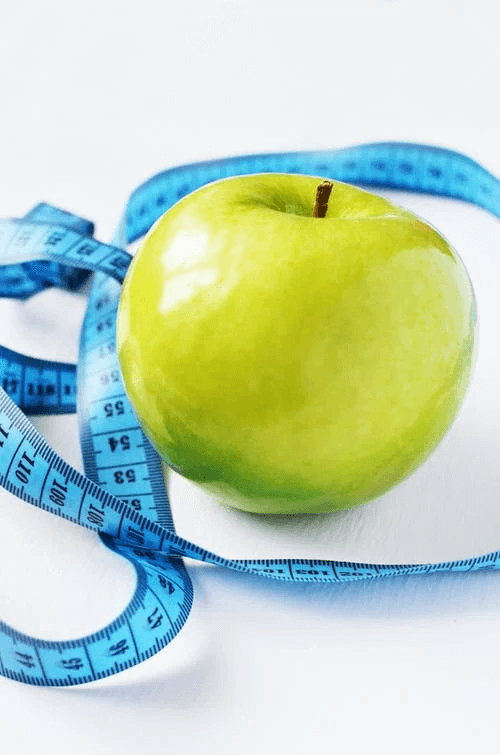Employing the quickest ways for weight loss may seem tempting;
but have various long-term health consequences. Here’s why you should avoid them. Lose weight fast without regret.
Weight loss is the ultimate goal of many people trying to fit into the beauty standards today’s world. Fad diets comprising restrictive eating habits continue to tempt us by guaranteeing the quickest ways to lose weight. While they offer a quick fix to long-term problems, it’s critical to understand that there is no shortcut to losing weight or getting fit.
We all look forward to seeing our weight loss results right away. However, the real challenge is maintaining the weight long-term without any side effects. Studies show that most people following restrictive diets for weight loss regain their weight after just one year.
So, to answer the question, no,
there aren’t any ways to lose weight fast.
Nutritionists suggest that the best way to lose weight is slowly and steadily. Below are some health consequences that you may face if you try slimming down too quickly.
Nutrient Deficiency
Quick diets work because they cut out major food groups like fats, proteins, and carbohydrates. As a result, you miss out on essential nutrients, minerals, and vitamins mandatory for your health and well-being.
Extreme levels of crash diets can cause malnutrition, especially if you reduce your daily caloric intake significantly. The lack of folate, iron, vitamin D, and B12 can have severe immediate and long-term health consequences.
More on vitamins : Dietary Supplements: 10 Myths with Facts
About vitamin D : How vitamin D can do magic against COVID-19
Slower Metabolism
Weight loss should ideally be a combination of increased metabolism, caloric deficit, and increased daily activity. However, many people reduce their regular calorie intake from 3,000 to 1,200, which leads to extreme calorie deprivation.
As a result, our body instantly goes into starvation mode, significantly declining our metabolic efficiency. Our bodies then conserve energy by hanging onto excessive fat and we gain more weight than we lose initially due to slow metabolism.

Dehydration
Many people go about losing weight the wrong way by making radical changes in eating habits instead of incorporating high nutrition and weight loss exercises.
The first thing a restrictive caloric intake affects is your water weight, resulting in dehydration if you don’t make an effort to stay hydrated.
Many people tend to cut down their water consumption to keep their weight down, which is also a major issue and can lead to multiple illnesses.
More on dehydration : 11 Great Ideas To Stay Hydrated Longer
Exhaustion & Fatigue
Quick fat loss diets can also impact your emotional well-being. They also affect your concentration and sleep quality. Nutritional deficiencies often end up making you feel exhausted and stressed.
A frequent calorie deficit can lead to anaemia, further causing various mental health problems.
Conclusively, any diet that restricts your overall energy may help you lose weight temporarily. It makes better sense to employ a long-term approach when looking for the best diet for weight loss.



